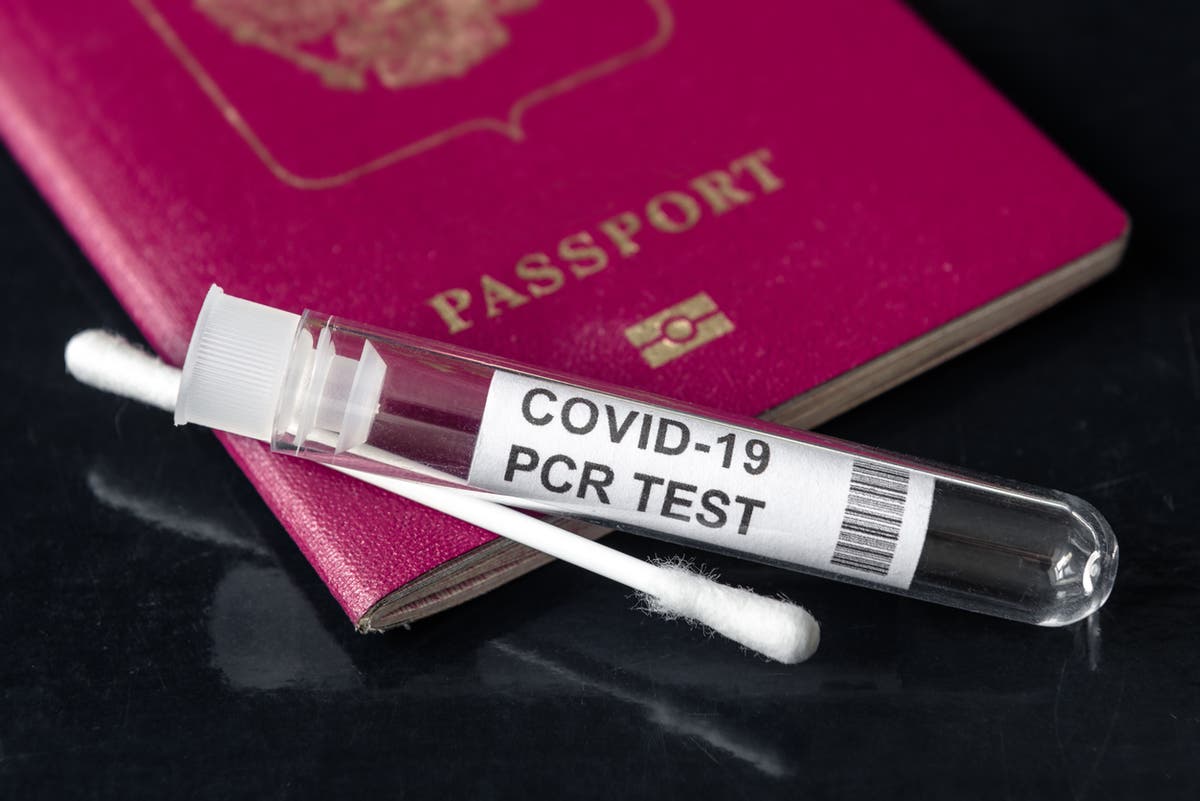This website uses cookies so that we can provide you with the best user experience possible. Cookie information is stored in your browser and performs functions such as recognising you when you return to our website and helping our team to understand which sections of the website you find most interesting and useful.

Your travel to-do list changes once again this month, following the UK government’s January announcement that it will scrap all remaining Covid-19 travel restrictions on 18 March.
Announcing the end to measures such as the passenger locator form, transport secretary Grant Shapps described travellers enjoying “greater freedom in time for Easter”, saying “You can travel just like in the good old days”.
However, many destinations outside the UK still demand proof of vaccination, a negative test result, or both, to cross their borders, while others have banned unvaccinated visitors outright.
So what paperwork, testing and other travel admin do you need before leaving or entering the UK?
Here’s everything you need to know for travel, before and after the March rule change.
Do unvaccinated travellers need a Covid test to leave and enter the UK?
As of 4am on 18 March, you no longer have to take any tests either side of travel to the UK. The passenger locator form will be abolished at that time, as will the travel testing formerly required for unvaccinated people by the UK government.
You no longer need to quarantine once in the UK.
As for testing before leaving for your holiday, that is specific to your destination. Several places, such as the Dominican Republic and the UAE, require unvaccinated arrivals to present a negative result from a PCR test taken in the two or three days before travel.
Others, such as Croatia and Greece, will accept a lateral flow test instead of a PCR test for vaccinated travellers, but give a shorter time frame for taking it (usually 24 or 48 hours). Some destinations such as Cyprus and Israel also require a test on arrival.
Meanwhile, countries including the USA, Spain and France have barred unvaccinated tourists outright.
Your best bet is to check the individual country-by-country rules and entry advice on the Gov.uk Foreign Office website right up until your departure date - rules can change at short notice.
Do unvaccinated travellers need to quarantine?
No. Before 11 February, unvaccinated people had to self-isolate for 10 days on arrival into the UK (although in England this could be shortened to five days if a traveller opted to pay for an extra “day five” PCR test). Since 11 February, unvaccinated travellers have not been required to quarantine unless they test positive, in which case they should follow the latest guidance for self-isolation.
Do unvaccinated travellers need a Passenger Locator Form?
As of 4am on 18 March, you no longer have to fill in the UK’s arduous online form - it will be abolished from this time.
This applies to all travellers, regardless of vaccination status.
Is hotel quarantine still a possibility?
Hotel quarantine has not been employed by the UK for some months. The red list has been empty since January, and ministers announced on 14 March that hotel quarantine “will be fully stood down from the end of March, putting the UK as one of the first major economies to end all Covid-19 international travel rules”.
While the 14 March announcement appeared to cover a “final” removal of all restrictions during March 2022, ministers have reserved the right to reintroduce measures in the case of a worrying new variant of Covid.
Health secretary Sajid Javid said: “We will continue monitoring and tracking potential new variants, and keep a reserve of measures which can be rapidly deployed if needed to keep us safe.”
Are the travel rules likely to change again for unvaccinated people?
Though there was a note of finality to Grant Shapps’ announcement on 14 March, he took care to say that although he wants to “keep international travel moving”, rules were being removed only because they are currently deemed unnecessary.
He said: “I said we wouldn’t keep travel measures in place for any longer than necessary, which we’re delivering on today - providing more welcome news and greater freedom for travellers ahead of the Easter holidays.
“I look forward to continuing to work with the travel sector and partners around the world to keep international travel moving.”
UK testing rules were simplified to some extent last autumn, between the Delta variant of Covid-19 spiking cases in the UK and the arrival of the Omicron variant, before being tightened again in late November and early December 2021.
This shows that rules can change at short notice. However, ministers have moved to a “learning to live with Covid-19” approach due to the lower number of deaths and hospitalisations during the Omicron variant surge, ending the stricter “Plan B” guidance introduced during winter.
There is a chance that testing could be reintroduced for unvaccinated people if a concerning new variant is detected in the UK or elsewhere, with some experts pointing to the importance of genomic sequencing using PCR tests. More likely is that countries abroad may be added to the red list - currently empty, but kept on standby in case of new variants - with some stricter restrictions attached to travel there.
Simon Calder, travel correspondent of The Independent, says: “While claims by the transport secretary, Grant Shapps, that the UK is ‘world-beating’ in abolishing restrictions are wide of the mark, the abolition of the passenger locator form and testing rules will spur international travel.
“But with concern about Russia’s brutal invasion of Ukraine foremost in people’s minds, a sudden rebound on rules is unlikely.
“However, it remains to be seen how much lasting damage has been done to the outbound travel industry – previously the best in the world – and the UK’s reputation as a good destination for inbound visitors.”



 Africana55 Radio
Africana55 Radio 
